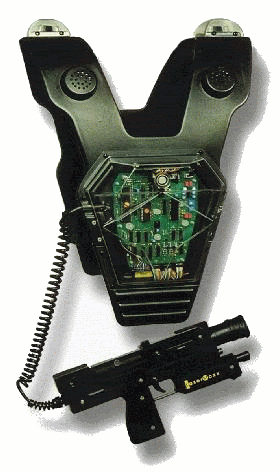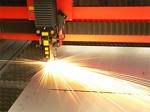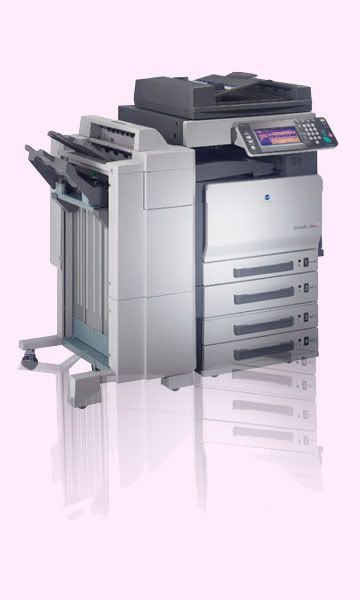 First thing's first, for those who may not know, the word 'laser' is actually an acronym standing for Light Amplification by Stimulated Emission of Radiation. For the purposes of this class, I won't delve deep into the physics of it, but rather list a few of the impact this discovery has had on our modern society.
First thing's first, for those who may not know, the word 'laser' is actually an acronym standing for Light Amplification by Stimulated Emission of Radiation. For the purposes of this class, I won't delve deep into the physics of it, but rather list a few of the impact this discovery has had on our modern society.The first concept of a laser wasn't thought up for recreational, medical, or even for simple lighting principles. Physicist Charles Towne was an expert in spectroscopy, or as dictionary.com puts it, "the science that deals with the use of the spectroscope and with spectrum analysis". (If you're like me that didn't help clear it up at all, basically it's the study of radiation, visible or not, and its sources). Nowadays our uses for lasers vary from making slits in baby bottles to measuring the distance between the earth and moon. Here are some other neat (obvious and not-so-obvious) uses for lasers you may or may not have known about.
 |
| CD players |



And the list goes on. I'm considering going into Electrical and Computer Engineering, so I've also gotten to see a few of the current innovations that are still being fully developed. Data transfer through lasers has been accomplished which could find several uses, say, in the business world where one might not want to put information through the internet. I've also heard that laser cooling has achieved temperatures of down to 10^-9 K. A professor at BYU also recently discovered a way to help slow down light using a silicon chip.
More and more, light technology is becoming a part of our everyday lives (I didn't even get started on fiber optics). People lives have been saved, changed, or lost through both medical and military uses of lasers. "Laser cutters are credited with keeping the U.S. garment industry competitive in the world market." (hyperphysics). Maybe someday the "lightsaber" may not be as impossible as it once seemed.


Cool post Chase. It's so easy for me to overlooking the technical aspects of lasers, in that they are highly innovative requiring great physical understanding. I enjoyed the energy of your post!
ReplyDeleteThanks! Oh and I remembered another use for them earlier today. I went to an Electrical and Computer Engineering expo at BYU last school year and they were able to drive remote control cars through simple obstacle courses using only lasers. Depending on what part of the car they shone the laser on, they could get it to move forward, backward, or side to side. It was really neat.
ReplyDelete